|
Every four years we are reminded that the President and Vice-President of the United States are not democratically elected. They are elected by a group of 538 electors of the Electoral College. This November 3rd (or sooner if you vote by mail) when you cast your vote for President and Vice-President, you will actually be telling your State which candidate you want the State’s electors to vote for. What is the Electoral College? Does it still work as originally conceived, and what are the alternatives? Electoral College: It is a body of 538 electors which is selected every four years from each State and Washington D.C., for the express purpose of electing the President and Vice-President of the United States. Every State gets one elector for each member of congress. California for example, has 2 Senators and 53 Representatives in the House of Representatives, and therefore has a total of 55 electors. Washington D.C. has a total of 3 electors. As spelled out in the Constitution, each State chooses its own electors. The selection process differs by political party and by State. The National Association of Secretaries of State has compiled a list of the laws governing the selection of Presidential Electors for each State. (https://www.nass.org/sites/default/files/surveys/2020-10/summary-electoral-college-laws-100220.pdf). In all States, except Maine and Nebraska, the Presidential candidate with the most popular votes in that State, receives all of the State’s electors. In Maine and Nebraska, the electors are awarded to the popular vote winner of each congressional district, plus two electors are awarded to the winner of the State’s popular vote. In order to be elected President, the candidate must receive the majority of the electors, 270 or more. Important Dates:
Why We Have the Electoral College: Article 2, section 1 of the U.S. Constitution established that electors selected from each State, and not a direct vote of the people, would elect the President and Vice-President. The Constitution established the number of electors each State was entitled to, but left it up to the individual States how to select their electors. Originally the candidate with the second highest number of electoral votes would become the Vice-President. This was changed in 1804 with the 12th Amendment, which directed electors to cast separate votes for the President and Vice-President. The drafters of the Constitution didn’t want a direct vote for President for several reasons. They needed to appease the less populated States, particularly those in the South who feared that a direct vote would disadvantage them. The drafters were also fearful that a direct election by all voters could be corrupted by foreign and other unscrupulous interests. It was also feared that the citizenry would not be well informed in order to make such an important selection to the highest office in the land. According to Alexander Hamilton, “A small number of persons, selected by their fellow citizens from the general mass, will be most likely to possess the information and discernment requisite to such complicated investigations.” (https://guides.loc.gov/federalist-papers/text-61-70). Reasons to Change the Electoral College: According to a recent Pew Research poll, a majority of U.S. adults favor replacing the Electoral College with a simple popular vote system for electing the President. (https://www.pewresearch.org/fact-tank/2020/03/13/a-majority-of-americans-continue-to-favor-replacing-electoral-college-with-a-nationwide-popular-vote/). Below is a list of the main reasons to replace the current system:
Reasons to Keep the Electoral College:
The National Popular Vote: Fixing the current system through a Constitutional amendment is a non-starter in the present political climate. Is there a non-Constitutional change that could achieve the same outcome as eliminating the Electoral College? The answer is yes, and a movement is already underway to do just that. The “National Popular Vote” is an organization established, not to eliminate the Electoral College, but to effectively neutralize it. The premise is rather simple. If enough States agree to pledge all of their electoral votes to the candidate who wins the national popular vote, that candidate will win the Presidency, effectively side-stepping the Electoral College. When enacted by enough States with a combined electoral vote count of 270 or higher, the National Popular Vote interstate compact will be established and go into effect. Since 2006, the National Popular Vote bill has been enacted by fifteen States and Washington D.C., representing 196 electoral votes. (https://www.nationalpopularvote.com/). This system would be more democratic in ensuring that every voter, in every State, has a direct vote in electing the President and Vice-President of the United States. With the 2020 Presidential election just three weeks away, I can’t think of a better time to review just how we elect our President, and to consider all the ramifications surrounding the process. The Electoral College has some pluses and minuses, but does it serve the best interests of the American people? I certainly don’t think that it functions as originally intended. The concentration of power in a few Northern States is no longer a problem. The selection of qualified Presidential Electors to weed out unsuitable candidates is an antiquated notion. In the age of the internet and mass media, we no longer have to rely upon direct contact with a candidate to hear their message. A national popular vote system would be more democratic and give voice to a more diverse group of candidates. The Democrat and Republican parties have not served this nation well over the past several decades. I seriously think that it’s time for some fresh ideas and fresh faces to confront the challenges ahead.
If you enjoy reading this type of commentary please subscribe to my blog and tell a friend. You will receive an email notification when new blogs are posted. The email will come from the site’s email: [email protected]. Thanks, Armchair American
0 Comments
Leave a Reply. |
AuthorThe Armchair American. Archives
November 2024
Categories
All
|
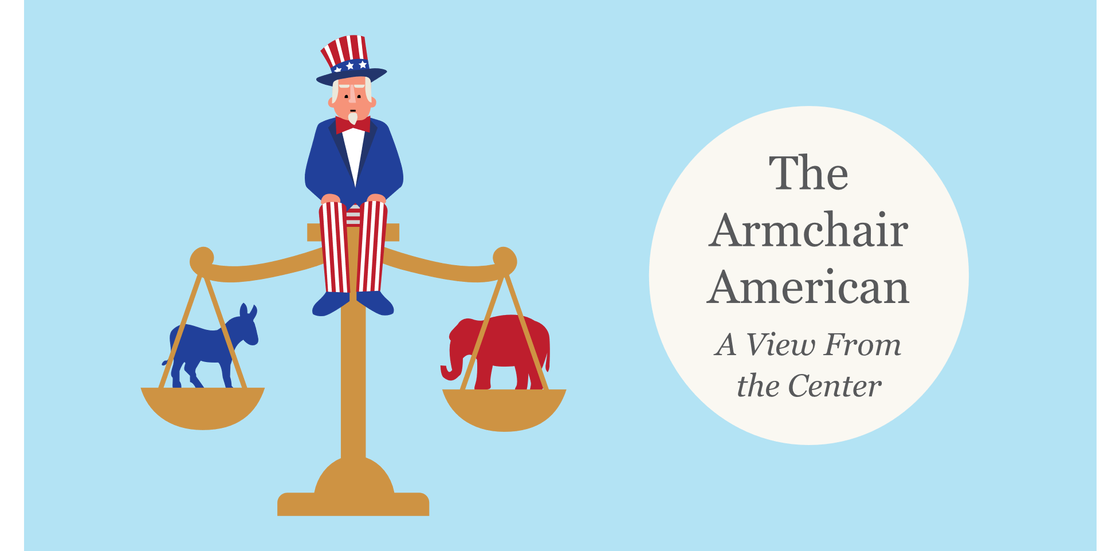
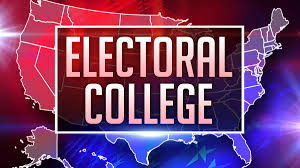

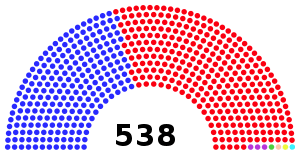
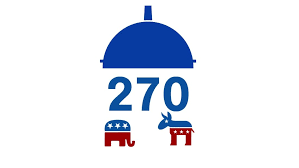
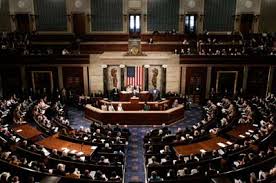
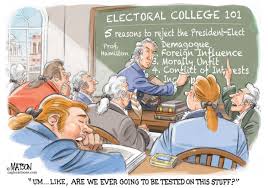
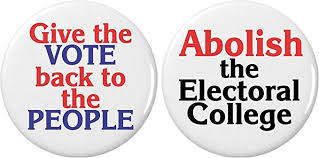
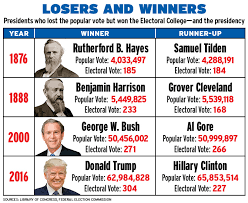
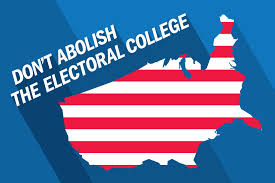
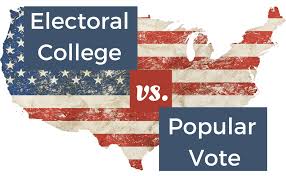

 RSS Feed
RSS Feed